Built to Win!
We have created a Currency trading for beginners robot for Prop trading. This Prop Firm allowed EA is built to win. Just 1-2 weeks of automated prop trading and you will pass any Challenge or Evaluation!
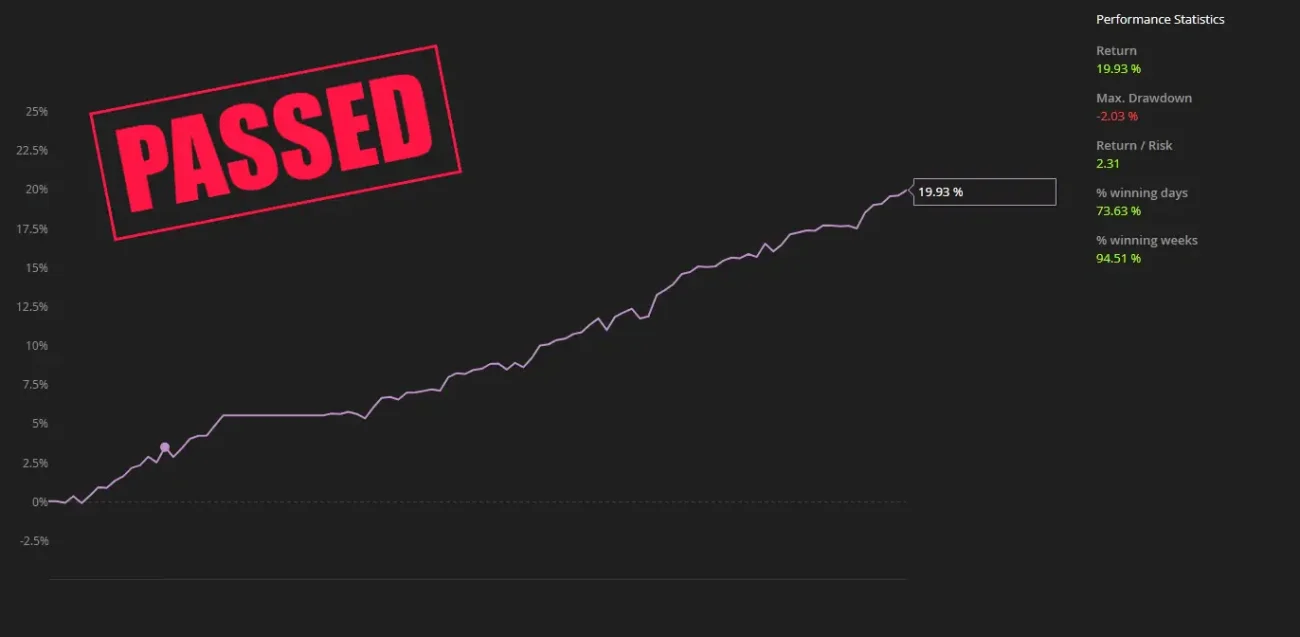
Of course, you can continue to use Prop Firm EA Enslaver on a professional funded account or for private trading. This prop trading robot will become a reliable Automated Prop Trading tool for you, bringing constant profits completely automatically!
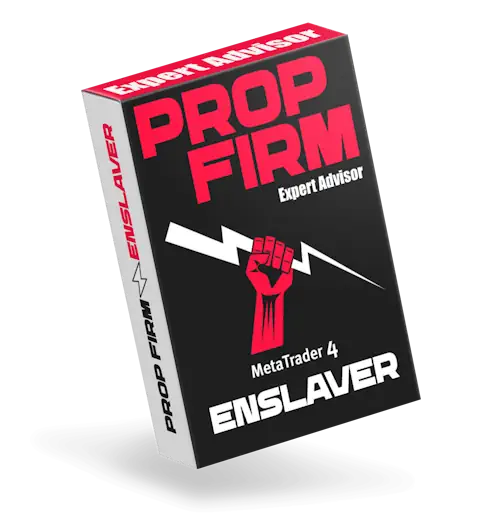
Prop Firm EA Enslaver
- File Prop Firm Enslaver EA for MT4 platform
- Lifetime unlimited license (for any number of accounts and platforms)
- Step-by-step manual - how to install and configure
- Technical support
- Get up to 50% per month
- Maximum DD up to 5%-7%
- Leverage from 1:30 and above
- Automatic money management for account scaling
- Assets: Gold (XAUUSD), GBPUSD, AUDCAD, NZDCAD, EURAUD, EURCAD, EURUSD, AUDUSD, NZDUSD
- Minimum to start: from $1000 or more





































Benefits:
Why do you need Funded Trader Automated EA? Read these few benefits and you too will want to win the challenge using an automatic trading strategy!

Fully automatic trading
This Passing Prop Firm EA works completely automatically. You don't need to do anything extra. Just install it into the platform.
Up to +50% every month
Just imagine - every month your account can increase by +50%. This is a brilliant growth in your career as a prop trader!

Scaling Money Management
This Funded Trader Automated EA uses automatic money management to scale your account as efficiently as possible. Get more every month!
Magic trailing stop
This Prop Firm EA uses a virtual trailing stop function - this allows you to more accurately manage each trading operation.

Multi-currency portfolio
This is a multi-currency Prop Firm Passing Service bot trades on a wide portfolio of assets (9 assets). Super diversification guaranteed!

Trade around the clock
EA Prop Firm Enslaver works without restrictions around the clock - it will earn profits even while you sleep! You'll love this!
Scale your account - take the maximum!

Prop Firm EA Enslaver
- File Prop Firm Enslaver EA for MT4 platform
- Lifetime unlimited license (for any number of accounts and platforms)
- Step-by-step manual - how to install and configure
- Technical support
Prop Firm Enslaver
Lifetime license without subscription* - After payment, you receive a file of this trading robot, which becomes your property forever and does not require additional activation or subscription renewal.
The number of licenses is unlimited** - We provide an unlimited number of licenses, which means you can use this trading robot on any number of platforms or accounts that belong to you personally.
Software update*** - We update the software approximately every 6 months, so you always have the latest version of the software.
The opinion of every user is important to us!
I am currently trading in 3 prop firms simultaneously using the software I purchased from this site. All accounts have steady growth and a maximum DD of no more than 7%. I'm really making plans for professional prop trading! There is every reason for this!
Two out of the three trading robots I purchased on this site have passed the challenges, and now I am growing with the help of a scaling plan and increasing my monthly rewards. I am currently earning about $3000 per week. Thanks to the support team, they helped me set up these Prop Firm bots!
I am thoroughly impressed with this Prop Firm Expert Advisor. It is, without a doubt, the best prop firm trading software I’ve come across online. Its user-friendly interface and consistent performance make it a must-have for serious traders.
This is the best website I have ever come across. Here, you can find the best prop firm for automated trading and choose the best trading robot for this firm. Everything is in one place and that's important! The support service helped me install the software on my platform!! This is invaluable to me because I am a beginner trader!
Thanks to this trading robot, I’ve conquered challenges at four different prop firms. I’m now advancing to the professional funded trading stage. This bot has been an indispensable tool in my trading arsenal.
I am a beginner trader and this site helped me a lot. I don’t have enough money to start trading on my own, so I decided to try prop trading and within a month I received my first reward of about $2,500. Thanks to the team of this site - they helped me choose a good prop company and an excellent trading robot to trade automatically!
Thanks to this site, prop trading has become a major and very significant means of supporting my life. I am happy!
Having used this prop firm trading robot for over six months, I can offer a balanced view. It trades with a slight drawdown up to 7%, but I recommend halving the trading risk as the default settings are quite aggressive. While the profitability hovers around 10-15% per month—slightly less than advertised—it’s still quite commendable.
Right here, I found the best prop firm that has feasible rules for automated trading, and it was here that I found the trading robot for successful prop trading. I am very grateful to the team of this site!
I bought four trading robots here and have created different portfolios from them, the results of which differ from other traders. Even if someone else is using these bots at the Prop Firm at the same time as me, our results will be completely different!
Phenomenal! The Prop Firm EA I’ve been using is incredible, consistently delivering profits between 10-30% per month, with a maximum trading drawdown of no more than 5%. If you’re on the hunt for a superior expert advisor, look no further than this one! It’s truly a game-changer in the trading community.
All the software I purchased from this site works really well! I receive a reward every week—according to the rules of my prop company—90% of the profits. By the way, that’s about $4,000 every week!
Get rewards every week!
It's that easy with automated trading!












Trade automatically - it's the easiest way for you to receive winning certificates every week! Start your career as a successful trader with our automated trading software!
FAQ on the most frequently asked questions
from our site visitors
Here you will find answers to the most frequently asked questions about prop trading, completing challenges, Prop Firm Expert Advisors (EA), and the Passing service.
Automated trading, also known as algorithmic trading, involves using computer algorithms and software to execute trades on financial markets according to predefined strategies and rules. This method of trading minimizes the need for manual intervention and is designed to optimize the trading process in various ways. Here's a detailed look at the components and advantages of automated trading:
Trading Algorithms: At the core of automated trading are algorithms that are programmed to make trading decisions based on input criteria such as market data, trading indicators, or economic statistics. These algorithms can process vast amounts of data much faster than humans.
Speed and Efficiency: Automated systems can execute trades at speeds and frequencies that are impossible for human traders. This speed allows automated traders to capitalize on opportunities that exist for only short periods.
Emotionless Trading: By relying on predefined rules, automated trading systems eliminate the emotional biases that often affect human traders, such as fear of losses or desire for profit, which can lead to irrational decisions.
Backtesting Capability: Before deploying a strategy in live markets, it can be backtested using historical data to assess its viability. This process helps traders understand the strategy's potential performance without risking actual capital.
Consistency: Automated trading ensures that trades are executed exactly according to the strategy, helping maintain trading discipline and consistency.
Diverse Strategies and Markets: Algorithms can monitor multiple markets and trade based on diverse strategies—from simple to complex—across different asset classes simultaneously.
Reduced Costs: Although there are initial costs involved in setting up automated trading systems, over time, the reduction in transaction costs and savings from not needing to pay for human traders can be significant.
Risks and Considerations: While automated trading can offer many benefits, it is not without risks. These include potential technology failures, such as connectivity issues, power losses, or system glitches. Additionally, algorithmic trading strategies can suffer from overfitting during backtesting, where they perform well on historical data but fail in live trading.
Automated trading has become increasingly popular among individual and institutional traders alike, leveraging advances in computing power and availability of market data. It is used in various financial markets including stocks, forex, commodities, and cryptocurrencies.
Prop firm trading refers to the activity where traders use the capital and infrastructure of proprietary trading firms, or "prop firms," to trade financial markets. These firms provide traders with the necessary resources, such as trading capital, technology, and sometimes training, in exchange for a share of the profits generated from trading activities. Here’s an expanded explanation of the concept and operations of prop firm trading:
Capital Provision: One of the primary benefits of trading with a prop firm is the access to significant trading capital. This allows traders to engage in larger trades or more transactions than they could with their own funds. In turn, this can potentially lead to higher earnings than trading independently.
Risk Management: Prop firms typically implement strict risk management protocols. Traders must adhere to these rules, which might include limits on daily losses or restrictions on the types of trades they can execute. This structured approach helps mitigate the risk of significant losses.
Profit Sharing: Traders in prop firms are not usually paid a fixed salary; instead, they earn based on performance. This is often structured as a percentage of the profits generated. The split between the trader and the firm can vary, commonly ranging from 50% to 80% in favor of the trader, depending on their agreement and the firm’s policies.
Technology and Infrastructure: Prop firms provide advanced trading platforms and tools. Access to high-speed trading technology, comprehensive market data, and analytical tools can significantly enhance a trader’s ability to perform in fast-moving markets.
Training and Development: Many prop firms offer training programs to develop traders' skills. These can include theoretical courses, practical trading sessions, and mentoring by experienced traders. This support is designed to improve the traders’ strategic abilities and market knowledge.
No Licensing Requirements: Unlike other trading environments that may require a broker license, traders at prop firms can often trade without these credentials because they are trading the firm’s capital, not handling external client funds.
Market Access: Traders at prop firms typically have the ability to trade a wide range of instruments across global markets. This includes stocks, options, futures, forex, and commodities, giving traders opportunities to diversify their strategies.
Competitive Environment: Trading at a prop firm can be highly competitive. Traders may be working alongside very skilled peers, in an environment that rewards high performance and can be intense.
Challenges and Performance Evaluations: To maintain a position at a prop firm, traders must continually perform well. Regular evaluations may dictate whether a trader can continue with the firm, scale their capital allocation, or adjust their trading strategies.
Prop firm trading suits individuals who are risk-tolerant, ambitious, and skilled in market analysis. It offers a unique opportunity to leverage professional resources for trading but requires adherence to the firm's strategies and risk management rules.
A Prop Firm EA (Expert Advisor) is a type of automated trading software specifically designed for use in the context of proprietary trading firms. Expert Advisors in general are programs that can perform trading tasks on behalf of individuals automatically, based on predetermined parameters or strategies in trading platforms like MetaTrader. Here’s a detailed look at Prop Firm EA:
Automated Trading: The primary function of a Prop Firm EA is to facilitate automated trading. It operates by executing trades according to algorithms that respond to market conditions in real-time without human intervention. This allows for high-speed trading and the ability to capitalize on opportunities that might be missed by manual traders.
Customization for Prop Firms: While there are many types of EAs available for individual traders, Prop Firm EAs are tailored to meet the specific needs and risk management requirements of proprietary trading firms. These requirements often include specific profit targets, drawdown limits, and compliance with other trading controls that are stricter than those usually followed by individual traders.
Strategy Implementation: These EAs are programmed with trading strategies that are approved by the prop firm, ensuring that all automated trades align with the firm's overall trading philosophy and risk tolerance. This could involve strategies based on technical analysis, quantitative models, or other methods deemed effective by the firm.
Risk Management Tools: Prop Firm EAs include built-in risk management features to prevent substantial losses. These might control the size of trades, manage the exposure of the portfolio, and automatically apply stop-loss orders or similar protective measures.
Backtesting Capability: Before being deployed, Prop Firm EAs are rigorously tested using historical data. This process, known as backtesting, evaluates the effectiveness of the trading strategy under various market conditions to forecast potential profitability and risks.
Performance Monitoring: These EAs are continuously monitored to assess their performance and adjust parameters as market conditions change. Prop firms often use performance data to refine their strategies and improve the EA's algorithms.
Regulatory Compliance: Since prop firms are typically subject to financial regulations, the design and operation of Prop Firm EAs must comply with these rules. This includes ensuring transparency in trading activities and maintaining accurate records.
Advantages of Using Prop Firm EA: For prop firms, using an EA can increase trading efficiency, reduce the likelihood of human error, expand the capacity to trade multiple strategies or markets simultaneously, and enforce disciplined trading.
Prop Firm EAs represent a significant investment in technology and development by proprietary trading firms, aiming to leverage automated systems to maximize trading efficiency and compliance while pursuing profits in financial markets.
Trading robots, or automated trading systems, offer several advantages over human traders, particularly in terms of speed, precision, and the capacity to process and react to vast amounts of data. Here are some detailed reasons why a trading robot might be considered better than a human trader in certain contexts:
Speed: Robots can process orders and react to market changes much faster than humans. This speed allows them to execute trades almost instantaneously when specific criteria are met, which is a crucial advantage in markets where prices can change rapidly within fractions of a second.
Emotionless Trading: Unlike humans, trading robots operate without emotions. This objectivity ensures that trading decisions are made strictly based on data and predefined rules, without any influence from fear, greed, or other emotional responses that can often lead to poor trading decisions.
Capacity to Process Data: Trading robots can analyze a tremendous volume of information and monitor multiple markets and instruments simultaneously. This capability is beyond human capacity and allows for more informed and timely trading decisions based on comprehensive data analysis.
Consistency: Robots can follow a trading strategy with unwavering consistency, applying the same decision criteria each time without deviation. This level of consistency is difficult for humans to maintain, especially in stressful or fast-moving market conditions.
Reduced Operational Errors: Robots minimize the chances of mistakes caused by human error, such as incorrect order entries. This precision in operations can be crucial, particularly in high-stakes trading environments.
Cost Efficiency: Over the long term, using robots can be cost-effective for trading firms as they reduce the need for a large staff of traders. Additionally, robots do not require salaries, benefits, or bonuses, making them a one-time investment (excluding maintenance and updates).
Backtesting: Robots can be backtested extensively using historical data to validate the effectiveness of trading strategies before any real capital is at risk. While humans can also perform backtesting, robots can do this more efficiently and over a much broader set of data and conditions.
Availability: Robots can operate around the clock without breaks, sleep, or vacations. This 24/7 availability aligns well with markets like Forex that operate continuously during weekdays, ensuring no trading opportunities are missed.
However, it's important to note that while trading robots have many advantages, they are not without their limitations. They can lack the human trader's ability to interpret nuanced or unexpected market conditions that aren't reflected in historical data. They also require regular updates and monitoring to ensure that they adapt to changing market dynamics. Additionally, poorly designed algorithms might result in substantial financial losses if left unchecked.
In summary, while trading robots offer numerous advantages over human traders, especially for tasks that require high speed, precision, and the elimination of emotional trading, they work best when used in conjunction with human oversight and strategic input.
Earnings with Prop Trading Firms can vary significantly based on a number of factors including the trader's skill level, market conditions, and the specific policies of the prop firm. Here's an expanded view on potential earnings with these firms:
Profit Sharing: Most prop trading firms operate on a profit-sharing model. Typically, traders can expect to keep anywhere from 50% to 80% of the profits they generate. Some top-tier firms may offer even higher percentages to exceptionally skilled traders.
Capital Allocation: The amount of capital a trader is allocated also plays a crucial role in potential earnings. More capital usually means more significant profit potential, assuming the trader can effectively leverage the increased capital base.
Skill Level and Strategy: Earnings are directly tied to a trader’s ability to consistently generate profits. Experienced traders who can navigate various market conditions typically earn more than novices. The trading strategy employed also impacts earnings; some strategies might yield small but steady profits, while others aim for larger gains, albeit with higher risk.
Market Conditions: The state of the financial markets can greatly affect earnings. Volatile markets, while risky, can present more opportunities for profit. Conversely, in times of low volatility, it might be harder to find profitable trades.
Firm’s Infrastructure and Support: The resources and support provided by a prop firm, such as advanced trading tools, educational resources, and access to experienced mentors, can enhance a trader's ability to succeed and thus increase potential earnings.
Fees and Costs: It's important to consider any associated fees or costs that might be deducted from earnings. These can include desk fees, software license fees, and transaction costs. Some firms may cover these costs, while others pass them on to the trader.
Scaling Up: As traders prove their profitability and ability to manage risk, many prop firms offer the opportunity to trade with increased amounts of capital. Successful traders can scale up their activities, which can substantially increase their earnings potential.
In summary, while there is significant potential for profit with prop trading firms, actual earnings can vary widely. The key to maximizing earnings lies in developing strong trading skills, choosing the right firm, and effectively managing risks.




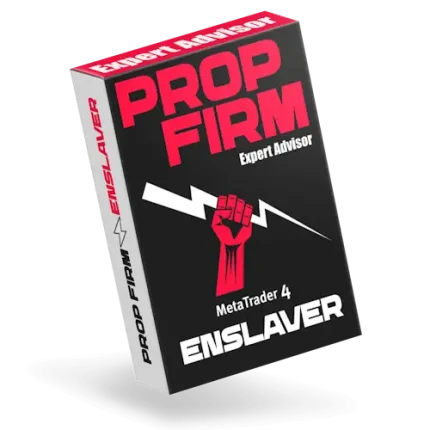
I firmly believe this is the best expert advisor for Prop Firm trading available on this site. Its efficiency and reliability are unmatched, making it an ideal choice for traders looking to seriously enhance their trading strategies.